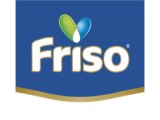Cow, goat or soy-based formula milk. What’s best for your Child?

With so many different options in the market these days, choosing a milk formula that best suits your little one can be a daunting task. Don’t fret! The first step to making an informed decision is learning about the various types of formula milk there are. We’ve got the basics right here and a few handy tips to help.
So which type of milk formula should I get?
Your little one’s nutritional needs is the most important thing to consider. Make an informed decision by finding out where the formula is from, what kind of milk that goes to the formula and how it’s made to avoid sudden allergies. When in doubt, it's always safe to check the labels and ingredients list to be sure there is nothing you wouldn't want to feed your little one with.
- If it’s an animal milk-based formula, where and how are the cows or goats raised?
- If it’s a plant-based formula, where does the soy come from?
- What is the key protein in the formula?
- What other ingredients and nutrients are in the mix?
Knowing what goes into the formula will help you pick the one that is the easiest on your baby’s maturing digestive system. After all, a healthy gut is a happy child!
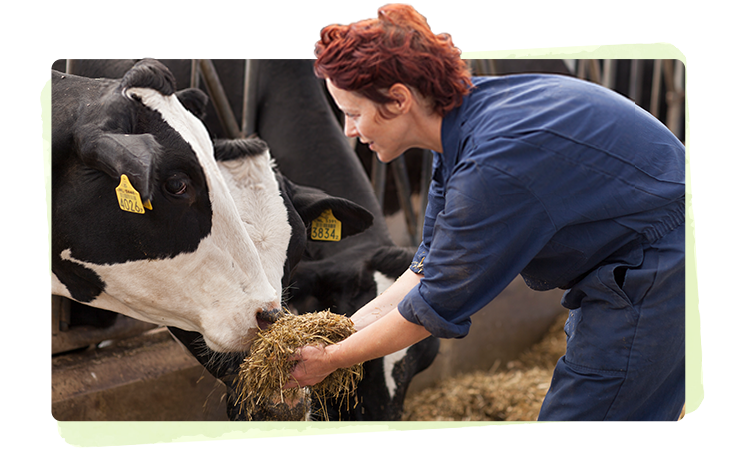
3 Types of Formula
Cow milk formula
Making up 80% of formula milk sold today2, cow’s milk has the right balance of carbohydrates, fat and protein. Cow's milk naturally has nine essential nutrients — calcium, phosphorus, riboflavin, niacin, pantothenic acid, vitamins A, D and B12 — that are present in every glass6. Its calcium is also easily absorbed by the human body6, making sure your baby grows up with strong bones.
To make formula even more nutritious, it is usually reinforced with vitamins and minerals such as A and D, iron and fatty acids like docosahexaenoic acid (DHA) and arachidonic acid (ARA) that are very important for your little one’s growth and development1.
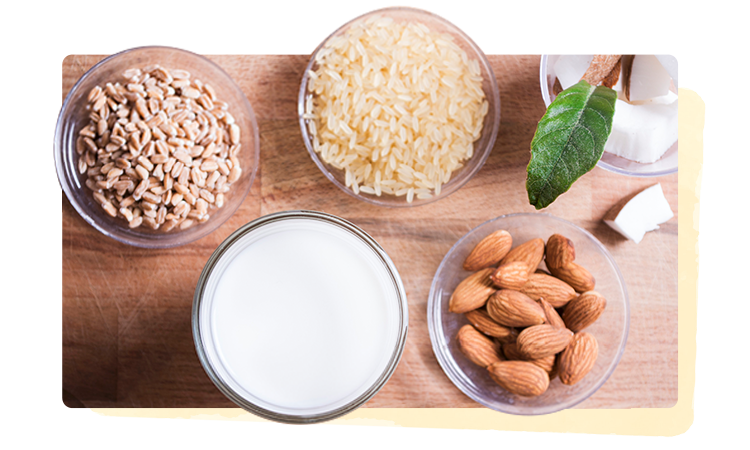
Soy milk formula
For those who are intolerant to lactose, an alternative would be to drink formula made from soy2. It’s also the choice of vegetarian parents who want to provide a plant-based diet for their child.
For mums looking to switch to a plant-based diet for their child, there are three main issues to be aware of. Firstly, soy formula contains glucose or sucrose, which may affect growing teeth so do consult with your healthcare practitioner2. Secondly, soy contains phytoestrogens that act the same way as estrogen hormones, which aid in the development of the female body. Research by NIEHS scientists have found that girls on a diet of soy formula showed side effects including larger wombs, vaginal cell changes and menstrual pain5. Last but not least, soy isn't the answer to all allergies. Little ones with Immunoglobulin E allergies to cow milk formula are also allergic to soy-based formula1.
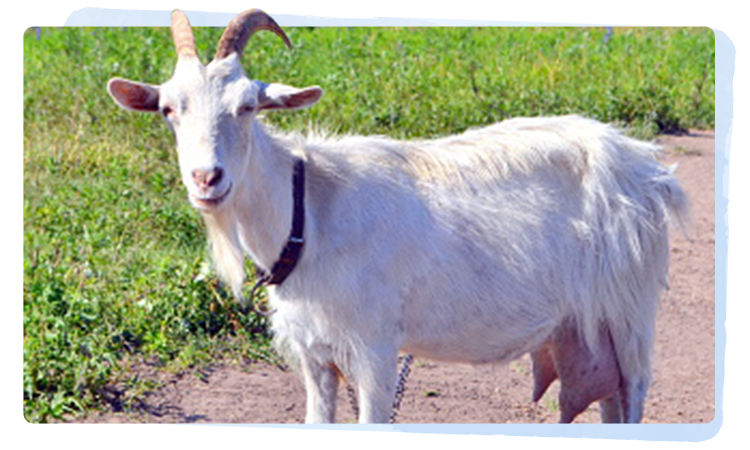
Goat milk formula
With a similar protein make-up as cow’s milk, this kind of formula more or less has the same nutritional value7. Although it's known that it is naturally homogenised, which makes it easier to digest, the same is true for homogenised cow's milk. Goat milk also has the same amount of lactose as cow milk, so mums with little ones who are lactose-intolerant should also avoid buying goat milk-based formula7.
Other concerns and considerations
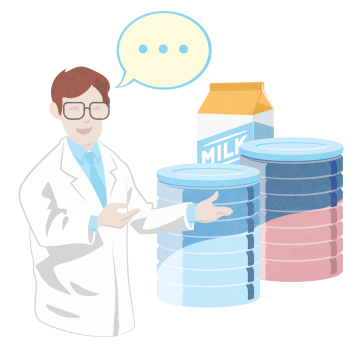
Does your child require a special formula for lactose-intolerance or allergy issues? If so, do refer to your healthcare professional for specific guidance.

For peace of mind, always buy from established and reliable brands.
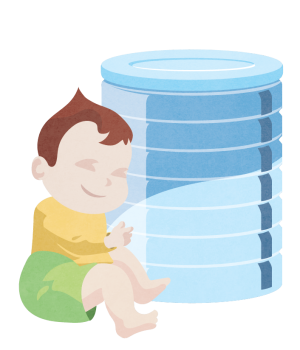
Choose formula milk that has been created specifically for your child’s age and/or health condition.

Check the packaging for expiry dates, storage instructions and appropriate feeding guides.
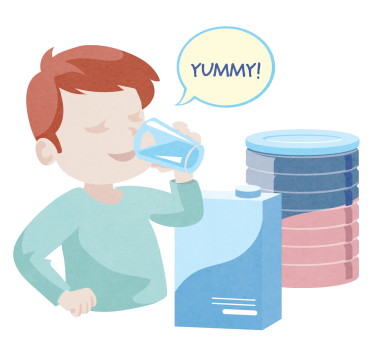
The taste of the formula milk should be pleasant, balanced and not too sweet.
Have more questions?
For more queries on breastfeeding and formula milk, do consult your healthcare professional.
Breastfeeding is the best nutrition for healthy growth and development of babies.
References:
